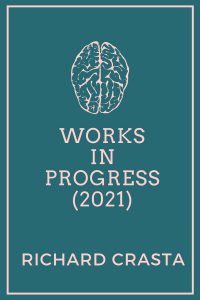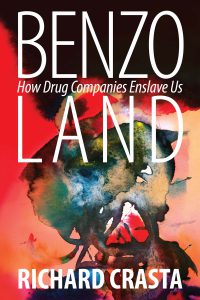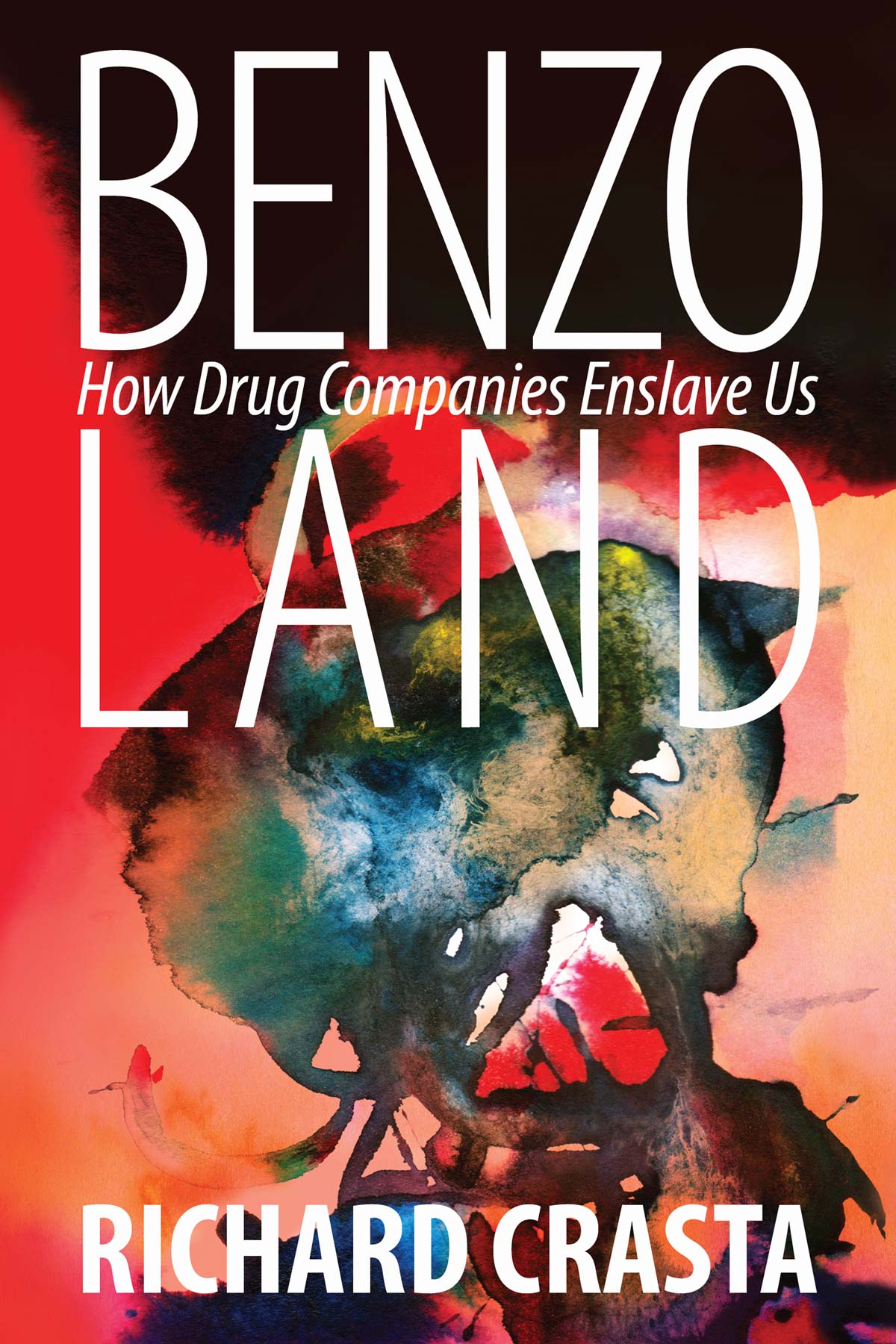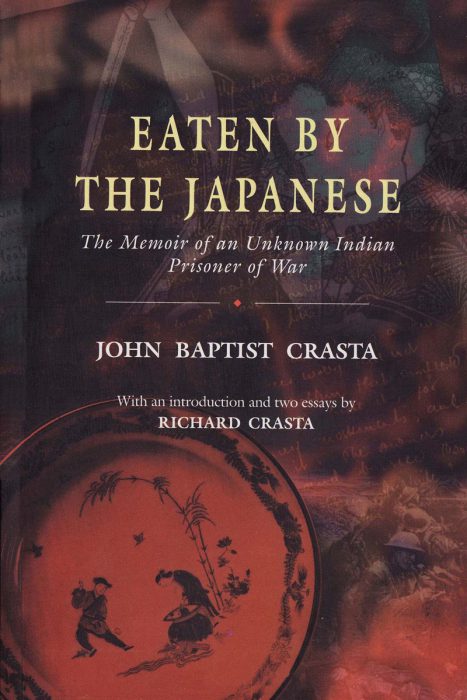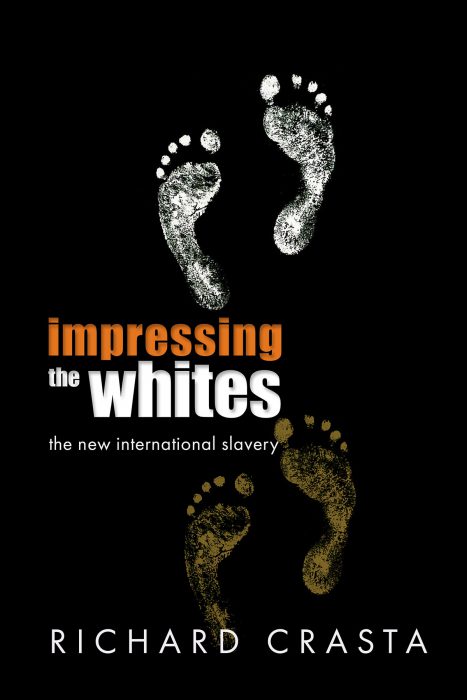Benzo Land is a public interest book on the phenomenon of tens of millions of accidental or bamboozled addicts of Benzodiazepines the world over. This book points to multinational pharmaceutical companies as major culprits who have for decades kept doctors, the media, and the public in the dark about the lasting and addictive dangers of Benzodiazepines, which are among the most profitable legal drugs in the world.
In much of America and the Third World, Benzodiazepines, a class of tranquilizers and sleeping pills (which include Valium, Xanax, Ambien, Halcion, Klonopin, Rivotril, and Librium) are often mindlessly and irresponsibly prescribed by doctors who have been brainwashed about the merits of these drugs by unethical drug companies. As a result, many doctors who are ethical, compassionate, and highly competent, are unaware of the destructive dangers of Benzodiazepines.
Benzodiazepines are most commonly prescribed for anxiety conditions, especially panic disorder (PD) and generalized anxiety disorder (GAD). For short periods, they may be effective. But in the long run, they destroy memory, cause dysphoria, withdrawal symptoms (which can only be temporarily overcome by increasing the dosage), and impair cognitive functioning. The author speaks from personal experience, including glimpses into the marketing operations of drug companies, as well as having read recent literature and findings on the subject, and combines these with his personal story.








